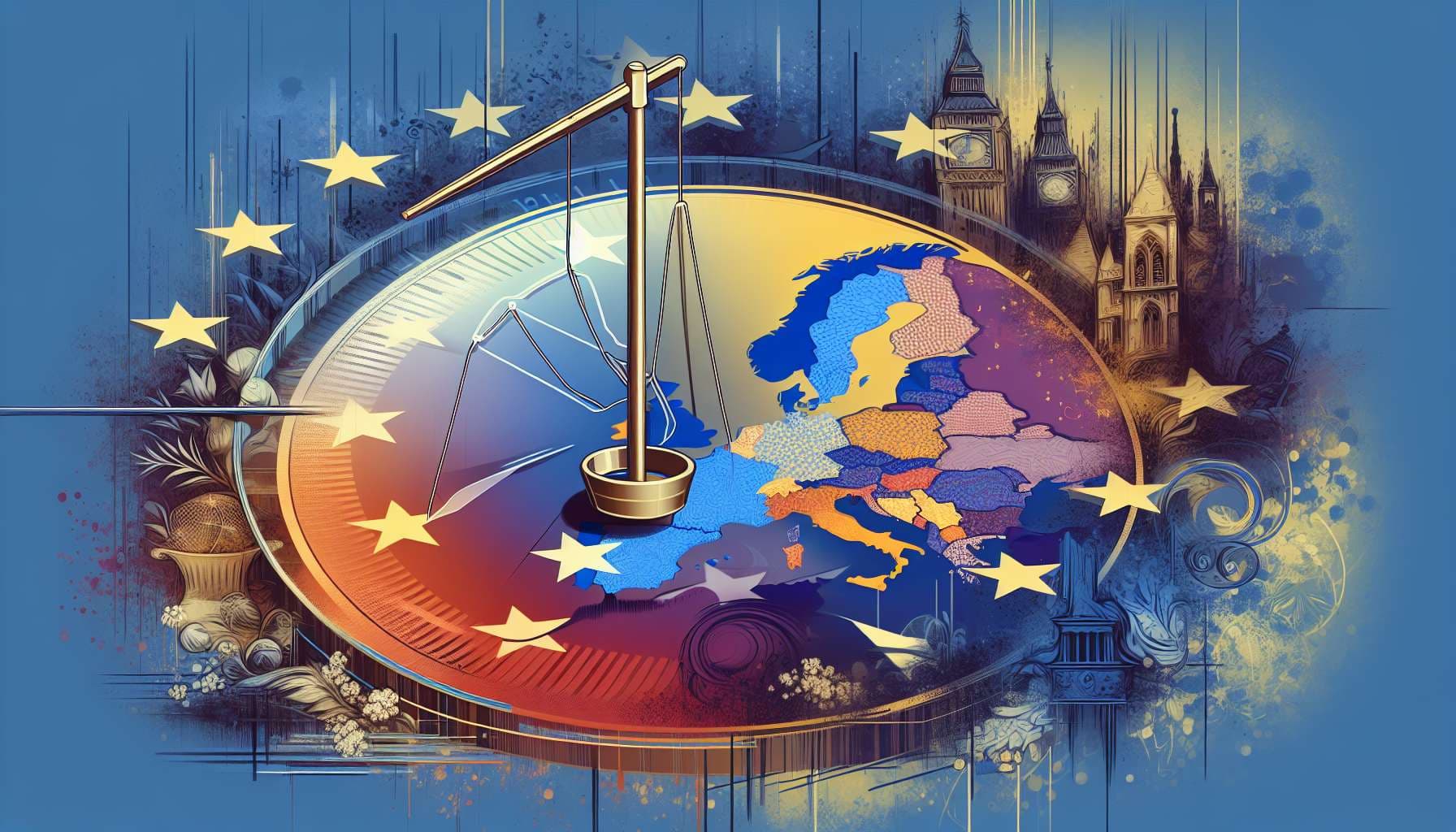
The European Union has 27 member countries. At the end of 2027, how many of these countries will have far-right governments? A national government is defined as far-right if either:
1) the most powerful government official belongs to a far-right party, OR
2) a far-right party is part of the governing coalition, AND has at least 20% of the seats in the national legislature (the lower house, if bicameral).
A "far-right" party is defined as one whose political position on Wikipedia includes the term "far right", "radical right", or "extreme right". This includes parties like National Rally in France, Fratelli d'Italia in Italy, AfD in Germany, and so on (generally, parties in the ECR and ID groups of the European Parliament).
As of now (January 2024), by this definition, there are four EU member countries with far right governments (Finland, Hungary, Italy, Sweden). However, far-right parties have surged across Europe in the last few years:
https://twitter.com/alyssamvance/status/1735667785030578667
There are now eight EU countries where far-right parties are leading in polls (France, Italy, Hungary, Austria, Belgium, Netherlands, Poland, Slovenia), and four more countries where they are in second place (Germany, Sweden, Romania, Estonia), so it is likely (though not certain) that more far-right governments will be elected.
For purposes of this market:
The political affiliations of heads of state who have less power than their head of government, where the two roles are separate (eg. President of Germany), do not matter.
This market only tracks the government in power at the end of 2027 (December 31, 2027). If a far right party gains power, and then loses it before the end of 2027, it does not count.
If a country has formally exited the EU before the end of 2027, it does not count. However, if a country joins the EU between now and then, it may count if it otherwise meets the criteria.
Simply being the largest party in the legislature does not count, if they are not part of a governing coalition (eg. Law and Justice in Poland, after their 2023 election).
If an election has happened, but a coalition has not formed yet (as in the Netherlands), the country will be judged based on its previous (caretaker, demissionary, or lame-duck) government.
Rules nitpicking:
Does Sweden really count as having a far-right government? I know Sweden Democrats (SD) are far-right and have a lot of influence in Sweden, but they do not fulfill 1), and for 2) they're not really part of the governing coalition. Wikipedia describes it as
Kristersson's Moderates formed a centre-right coalition with the Christian Democrats and the Liberals. The new government is backed by the biggest right-wing party, Sweden Democrats (SD) led by Jimmie Åkesson, with tougher immigration policies being a crucial part of a policy deal with the SD.
So there's a coalition of M, KD and L, and they're backed by SD.
@Pazzaz Thanks for commenting! Yup I know, I wrote the rules to include things like this, because they are technically not "part of the government", but are still the largest party in the ruling coalition and so still have a lot of political power.
@AlyssaVance It's just a little confusing to say that a government is far-right when the far-right party isn't part of the government (they're only part of the Riksdag). But I agree that them being part of Confidence and Supply gives them a lot of influence, so it makes sense 👍
@AlyssaVance But do they still count if they're not technically part of the coalition?
Sweden’s largest rightwing party, the anti-immigration Sweden Democrats, would not be a normal member of the coalition but had agreed to help shape its policy in exchange for backing it in parliament, Kristersson said.
I'd like that clarified in the description if you're still planning to count them.
( Assuming this Wikipedia Guardian quote isn't misleading [https://www.theguardian.com/world/2022/oct/14/swedish-parties-agree-coalition-with-backing-of-far-right] )